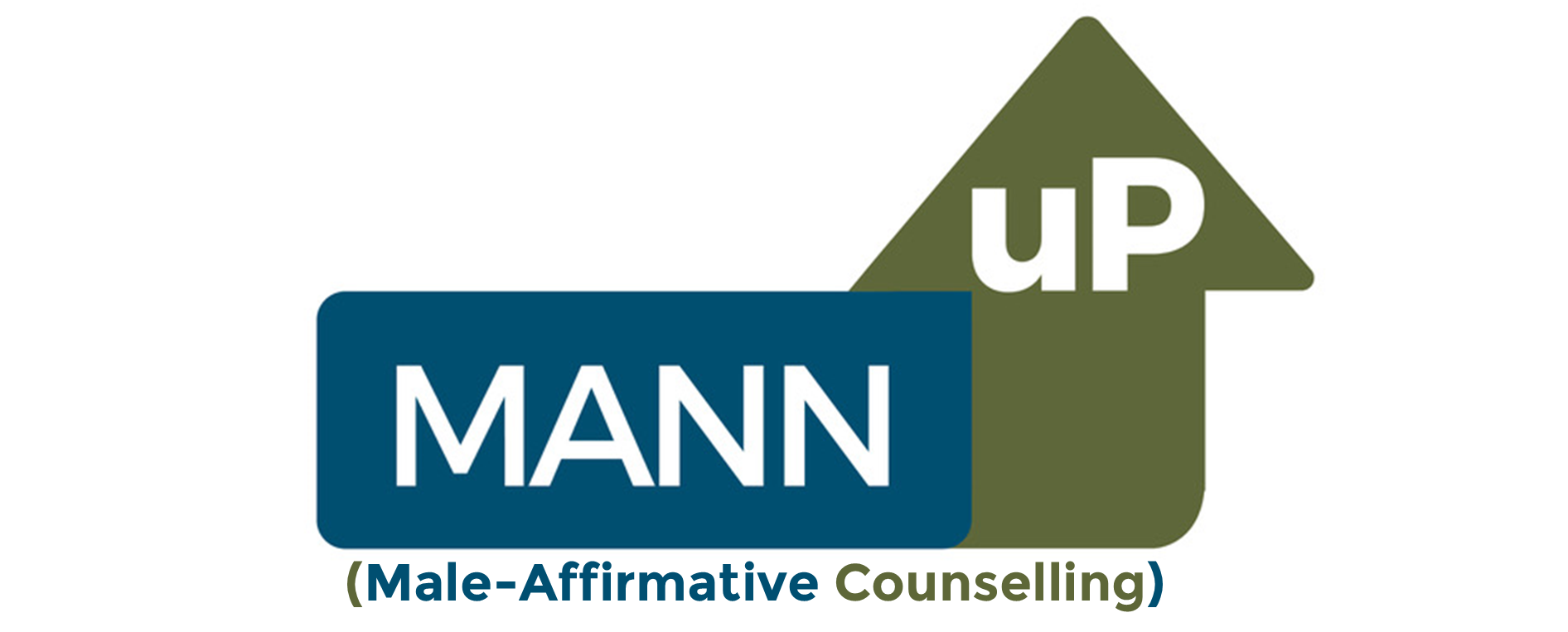 There can be no doubt that in terms of recreational activities, online gaming is a hugely popular pastime of choice for boys and men, but is spending so much time in a ‘virtual world’ good or bad for your mental health?
There can be no doubt that in terms of recreational activities, online gaming is a hugely popular pastime of choice for boys and men, but is spending so much time in a ‘virtual world’ good or bad for your mental health?
The USwitch website highlights that now over 40% of the world’s population are online gamers, and specifically in the UK it reported that:
- 68% of children aged 7-18 own their own games console.
- 88% of young adults aged 16-25 play video games.
- The average time spent online gaming is 7.5 hours per week.
- 58% of children aged 8-17 say gaming changes their mood for the better, and 60% say it helps them feel less lonely.
It is highlighted on this website that investing in your recreational wellbeing can help your overall psychological (mental and emotional) wellbeing , if you are engaging in and/or pursuing either alone and/or with others in passions, hobbies, interests, pastimes and activities that entertain, stimulate and relax you and bring a sense of fun and joy into your life.
Online gaming can be an accessible means of engaging with something that is fun, stimulating and mentally and emotionally relaxing, it can even help you forge connections with others in a way that benefits your relational wellbeing too.
However, as with any behaviour you engage in that is connected to your mental health and mood management (e.g. drinking, smoking, eating, porn use, gambling etc), online gaming has the potential to become a compulsive/addictive activity in your life that is beyond your control and/or could end up causing you damage.
THE NHS website reports that the NHS National Centre for Gaming Disorders which was opened in 2019 is seeing a rapid increase in those being referred for treatment for a gaming disorder, including a rapid increase in requests for support of those who have a family member with a gaming disorder.
Online gaming can for sure be a way to help look after your mental and emotional health, but like any behaviour, it does have the potential to get away from you, and start to become disruptive and destructive for your quality of life.
As with any regular behaviour in your life, taking some time to consciously reflect on your current relationship with online gaming to make sure you are maximising potential benefits, and minimising potential pitfalls is time well spent.
POTENTIAL BENEFITS OF ONLINE GAMING FOR YOUR MENTAL HEALTH
Online gaming can be a great way to escape the everyday pressures of life, and can be a means of reducing isolation and loneliness. The Mental Health UK website highlights the story of Alexander who notes some of his best friends are those he met online gaming.
The Young Minds website highlights that online gaming can be a great help in developing useful life skills such as problem-solving and how to be a team player.
Online gaming can also be a great way to express yourself more and be creative as highlighted on the Mind website.
In these hard-pressed economic times where jobs can be hard to come by, being a skilled online gamer could even help you get a job. According to Statista website, the numbers employed in the UK gaming industry more than tripled over the period 2012 – 2022.
Online gaming might even have a part to play in treating symptoms of anxiety and depression. The VeryWellMind website reports that playing games can help regulate moods, reduce rumination and can even evoke feelings of joy.
POTENTIAL PITFALLS OF ONLINE GAMING FOR YOUR MENTAL HEALTH
Online gaming can eat up a lot of your time, the Mental Health Foundation website highlights that a large number of online gamers play for much longer than they had intended to. Time spent online gaming can take away time that could be used for other complementary activities that are also good for your health and wellbeing.
The Internet Matters website sets out a particular reminder for carers of young people who game online to be aware children could be exposed to online bullying or even grooming.
Some games can promote or stimulate gambling-like behaviours such as ‘loot boxes’ or ‘skins’ which the ESafety website highlights can encourage players to spend money, and can normalise gambling practices.
Although online gaming can be a good way to make new friends, especially for shy types, the Gaming Quitters website notes there is a risk that if you spend all your time socialising with others online, it can inhibit the development and practicing of your ‘real world’ social skills.
On a very practical level, the Therapist.com website reports too much online gaming can lead to insomnia and sleep deprivation, neither of which are good for your mental health.
GAMING DISORDER: WHEN YOUR ONLINE GAMING GETS OUT OF CONTROL
 For some there comes a point where their relationship with online gaming is no longer within their control.
For some there comes a point where their relationship with online gaming is no longer within their control.
In 2019, the World Health Organisation added gaming disorder in the 11th revision of the International Classification of Diseases (ICD-11) and defined it as:
“A pattern of gaming behaviour characterised by impaired control over gaming, increasing priority given to gaming over other activities to the extent that gaming takes precedence over other interests and daily activities, and continuation or escalation of gaming despite the occurrence of negative consequences.”
To meet the requirements for diagnosis of this condition, the gaming behaviour must result in significant impairment to the individual’s personal, relational or vocational functioning, which would have been evident for 12 months or more.
The American Psychiatric Association website lists some of the symptoms of gaming disorder to include:
- Experiencing withdrawal symptoms when the opportunity to online game is removed.
- Needing to spend more and more time online to satisfying your gaming urges.
- An inability to quit or take a break from online gaming.
- Deceiving others about the extent of your online gaming activity.
- Getting into risk situations due to online gaming.
If you think your relationship with online gaming may be getting beyond your control the Internet and Technology Addicts Anonymous website has a short questionnaire that helps you reflect on whether gaming has become addictive for you. Look out for:
- Spending more time online gaming than you originally planned for.
- Setting limits on your online gaming and then breaking them.
- Prioritising online gaming over your other commitments and/or personal care.
- Feeling anxious or ill-at-ease when you are not online gaming.
- Feeling guilt or shame about your online gaming habits.
If you think you might be affected by gaming disorder, please note down your symptoms and discuss this with your GP in the first instance.
HOW TO STRIKE A POSITIVE BALANCE FOR YOUR MENTAL HEALTH WHEN ONLINE GAMING
As with any behaviour you engage with on a regular basis, the key to keeping a healthy relationship with online gaming that is good for your mental and emotional health will be to plan for what you want your relationship with the activity to be, and to be conscious of monitoring and sticking to healthy limits. Some tips for doing so are as follows:
Set Your Time Boundaries: Work out the maximum amount of time you can dedicate to online gaming each week, that still gives you time to function and do things in other parts of your life, and stick to that maximum usage.
Set Your Spend Limits: Work out how much you can afford to spend on online gaming (including in-game purchases), that does not restrict your spending or paying your bills, and sick to that maximum budget.
Set Your Friend Preferences: Work out who would and who you would not want not want to engage with when online gaming, and don’t engage with others because they want you to, only interact if you want to. Please also remember not everyone online is as they present themselves.
Set Your Share Limits: Be very, very careful about sharing any personal information about yourself (real name, address, age etc.) with anyone you engage with whilst online gaming. Only share information with people who you absolutely know to be genuine, and ideally only those you have relationships with offline as well as online.
Set Your Detox Periods: Don’t let your pattern of online gaming become too habitual, shake it up every so often by having short digital detoxes where you take a day or two away from online gaming, to help your mind see you can and do cope well without it.
Set Your Honesty Levels: Be honest with those who are close to you and whom you trust about the extent of your online gaming habits. If you feel you cannot tell those who matter to you what you are doing and/or how long you are doing it for, this could be an early warning sign that things are going wrong.
HOW MANN UP CAN HELP
If you are beginning to struggle with your online gaming habits, or you are concerned that they may have become detrimental to your mental and emotional health, taking part in a personal advancement programme can provide you with a non-judgemental and supportive space to explore your usage patterns, and evaluate what you might like to do about them.
